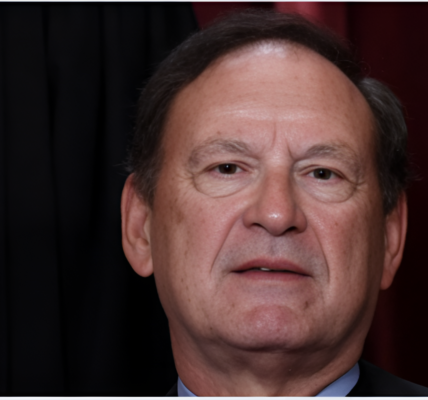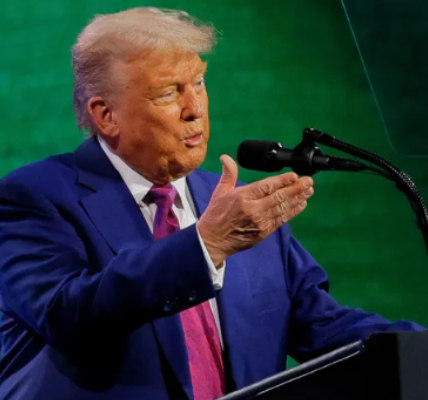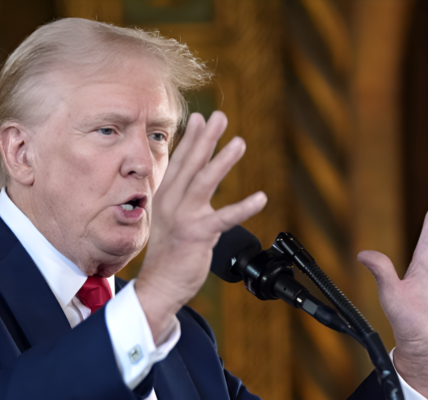
Brian Schweitzer, the charismatic former governor of Montana, has long been a political force in Big Sky Country, with his bolo ties, animated speeches, and folksy charm earning him widespread popularity. But as Schweitzer prepares for a potential run for the U.S. Senate seat left vacant by the retiring Max Baucus, he faces a significant challenge: mending fences with fellow Montana Democrats.
While Schweitzer’s tenure as governor was marked by high approval ratings and political successes, his relationships with key Democratic figures, including Senator Jon Tester and Baucus, have been strained. His reputation as a dynamic yet polarizing figure leaves Montana Democrats divided, even as they acknowledge that Schweitzer might be their best shot at retaining the Senate seat.
A Rocky Relationship with Fellow Democrats
Schweitzer’s flair for the dramatic and a penchant for dominating the spotlight have made him a beloved figure among supporters but a frustrating ally for some in his own party. Tester, who successfully defended his Senate seat in a tight 2012 race, received little direct help from Schweitzer during his campaign.
When asked about the former governor’s absence from his reelection efforts, Tester laughed it off, saying, “We didn’t need him.”
Baucus, a veteran of Montana politics and a significant Democratic power broker, offered a more muted response when asked about Schweitzer. “He was a good governor. I haven’t talked to him in a long time. He hasn’t called me,” Baucus said.
These cool responses underscore the challenge Schweitzer faces in rallying the Montana Democratic machine, which has historically been critical to electoral success in the state.
A Divisive Legacy
Interviews with Montana Democrats reveal a mixed picture of Schweitzer’s leadership. His allies praise him as a loyal friend, an adept problem-solver, and a leader who reinvigorated the state party. Critics, however, describe him as self-serving and prone to holding grudges, accusing him of prioritizing his image over the party’s collective success.
“He doesn’t do anything if it doesn’t benefit him,” said one Democratic insider. Another characterized him as “the most vindictive politician I’ve ever been in contact with.”
Yet even Schweitzer’s critics concede that his leadership brought tangible successes to Montana. Under his tenure, the state implemented renewable energy initiatives, expanded full-time kindergarten, and maintained a budget surplus, achievements that earned him accolades from supporters and grudging respect from opponents.
Burning Bridges, Mending Fences
If Schweitzer decides to run for Senate, he’ll need to navigate his history of bruised relationships carefully. Many of his clashes with fellow Democrats stem from his go-it-alone approach and his knack for claiming credit for initiatives spearheaded by others.
One notable example involved efforts to protect the scenic Flathead River. While Baucus had long championed the cause, Schweitzer’s vocal support overshadowed the senator’s work, leading to lingering resentment within Baucus’s camp.
Despite these tensions, Schweitzer has shown an ability to move past conflicts. Carol Williams, a former state Senate leader who battled with Schweitzer over legislative issues, now calls him a close ally. Similarly, Bozeman city commissioner Chris Mehl, who once clashed with Schweitzer over stimulus spending, said their differences were resolved quickly.
The Path Forward
For Montana Democrats, the stakes are high. Losing Baucus’s Senate seat would be a significant blow to the party’s chances of maintaining control in Washington. Schweitzer, with his proven appeal to Montana voters, remains their strongest contender.
“Without his passion, message, and superlative budgeting abilities, Montana would simply be another Idaho or Wyoming, with the Democratic Party reduced to permanent minority status,” said Jim Elliott, former chairman of the Montana Democratic Party.
But Schweitzer’s penchant for off-the-cuff remarks and his polarizing style remain potential liabilities. His allies argue that his leadership and ability to energize voters outweigh any concerns about his temperament.
As the Democratic establishment in Montana weighs its options, one thing is clear: if Schweitzer decides to run, he will have to rebuild trust and rally a divided party behind him. For now, the question remains whether he can convince Montana Democrats—and the voters they represent—that he is the unifying leader they need.





